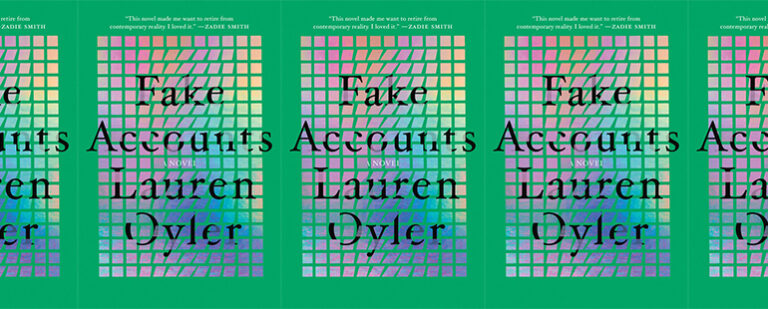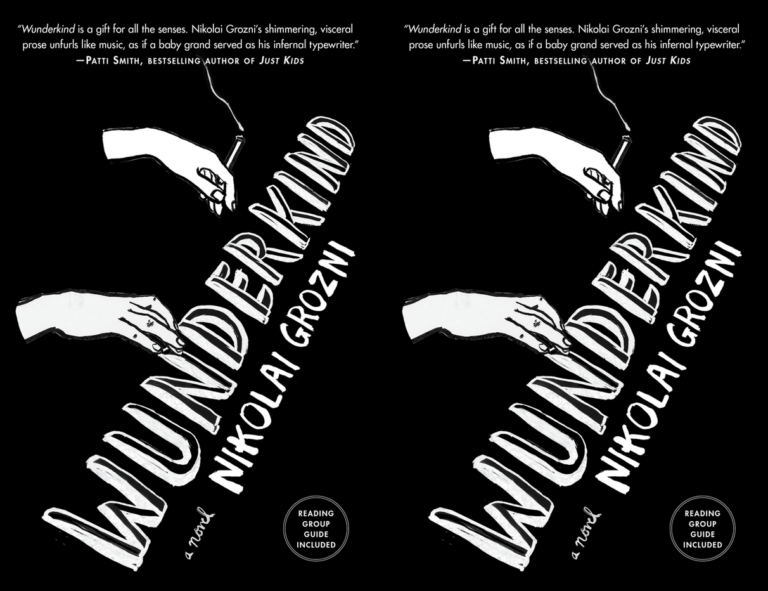From Swaddles to Slang: Creative Problem Solving in Translation and Motherhood

In late February I finished up the translation of a novel. In mid-March my son was born. Caring for a baby is not all too different than dealing with a challenging translation, though granted the hours are less convenient and the boss often poses unreasonable demands. In both cases there is proper procedure—first draft, dictionary look-up, napping only on one’s back, nursing every 3-4 hours—and then there are a myriad unexpected circumstances and improvised solutions—diaper blowouts, colic, one-hand cooking, rhymes, puns, and slang. For each unforeseeable problem there is a makeshift troubleshooting process, parts of which may not be approved by the American Literary Translators Association or by the American Academy of Pediatrics.
Every day begins in working by the book. With my child, I feed and burp and change him. With a translation, I sit down with the original (either in book form, or, more conveniently, in PDF form) and with my Word translation file, and start filling the screen with words. The first draft is quick and dirty, quite literal, unassuming: word for word, ignoring more accomplished grammatical structures, putting baby back in his crib with a little half-hearted lullaby. Scrolling down fast from one page to the next is a great feeling, striking them off the checklist, clocking in work hours and often coming up with some inspired turns of phrase on the go.
Then something unexpected happens: an inscrutable sentence, a bit of localized slang, a joke, a pun, a play on words. Baby is awake and crying, and it isn’t hunger, and it isn’t any kind of discomfort that I can put into clear words. A solution is necessary.
Here too, there is a well-worn process. I check online dictionaries, choosing either general Hebrew to English dictionaries or industry specific ones or both, depending on context. I Google a term, read Wikipedia pages, look at images. I pick the baby up, I try to burp him, I rock him in my arms. It’s crucial at this point to watch out for false positives. The instant translation that pops up on a random website may not be accurate for the context within which I’m working. A word may have more than one meaning, or different synonyms appropriate for different areas and time periods. A little red face might be struggling with a stomachache rather than with overheating.
Next come more creative avenues: I use rhyming and synonym dictionaries to come up with translations for puns, rhythms, and onomatopoeias. I start talking to myself out loud, trying phrases out, counting syllables, making up silly nursery rhymes, tickling and stretching little arms and legs. I look up coined phrases, famous quotes, adages, film and literary references. I dance.
Sometimes this is enough. I find a solution that sounds good, as if it were made with this problem in mind. Sometimes it sounds even better in English than it did in Hebrew and I end up with a pithy line and a child that is more contented and deeply asleep than before. Other times, I find that my work is still cut out for me. No sitting down yet, I have to keep bouncing the little bundle in my arms, folding his legs and arms to stop him from thrashing around, massaging his abdomen to help him digest, wiggling his little butt around to distract him. No matter how many times I type and delete, making a list of ideas and alternatives on a notepad, switching from swaddling to bicycle legs, from over the shoulder to tiger in the tree, it just doesn’t work out quite right. At this point there is only one place to go: Facebook.
A sampling of my Facebook posts from the last few years offers a wide range of hive-mind type questions, from “how do you call this type of hat?” (complete with a Google image of said hat) to “looking for an anti-sexy pun related to cleaning products.” From the last year, one would also find questions about the best and worst baby care products and which pieces of nursery gear not to buy. The answers are varied, imaginative, and hilarious (from “shtetl hat” to “stickless broom”). The enthusiasm my Facebook friends (some from the literary industry, others not at all) have for these remote brainstorming sessions is elating. These posts and the long comment chains they inspire offer some of the rare moments in my job as a work-from-home translator (and mother) when I can share my craft with others and let them become a part of it. Suddenly, it is a group effort. Suddenly, my brain power is multiplied by dozens. Suddenly, I’m not in this alone.
It is thanks to my creative and helpful colleagues and friends that I was able to come up with “nasal milk” (offered by a little boy from northern Israel as the etymology of the word “mayonnaise”) in Shemi Zarhin’s Some Day, or with “woman=man+woe,” as a gem offered by a self-proclaimed wordsmith in Gon Ben Ari’s The Sequoia Children.
And then, occasionally, there are untranslatables—words, terms, thoughts that, try as I might, I cannot render in a manner approximate enough to the original. I can find options that are close, reminiscent, adjacent, but nothing that conveys a full, or close to full, meaning of the original. This happens when a phrase, slang, or joke is so inherently Israeli or Hebrew that it simply wouldn’t make sense in any other country or language. There has been much debate in translation conferences and papers over whether or not untranslatables even exist, or whether everything, for better or worse, can be translated. As for me, I believe everything can be rendered into another language, but perhaps not everything should be. When translating a phrase means losing the bulk of its significance, I often prefer not to. I can either offer the author an edit for the translation, or I can transliterate the Hebrew words, either with or without a footnote. To me, this is preferable to a translation that simply doesn’t cut it. It leaves readers with a sense of mystery and appetite. As with babies, there isn’t always a clean and clear-cut solution for translations. You give it everything you’ve got, and if that isn’t enough, you just hold them tight and make your peace with some tears.


